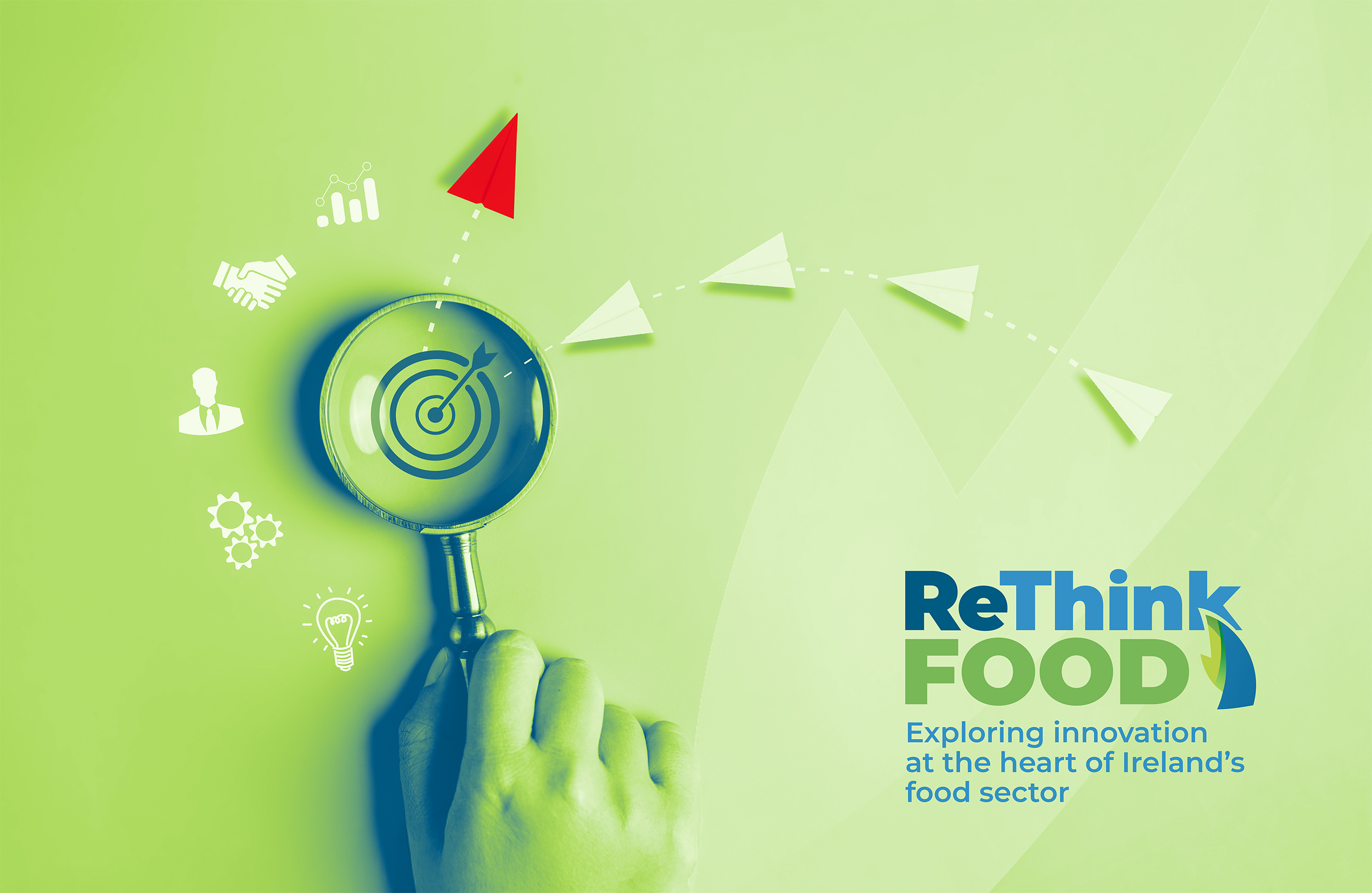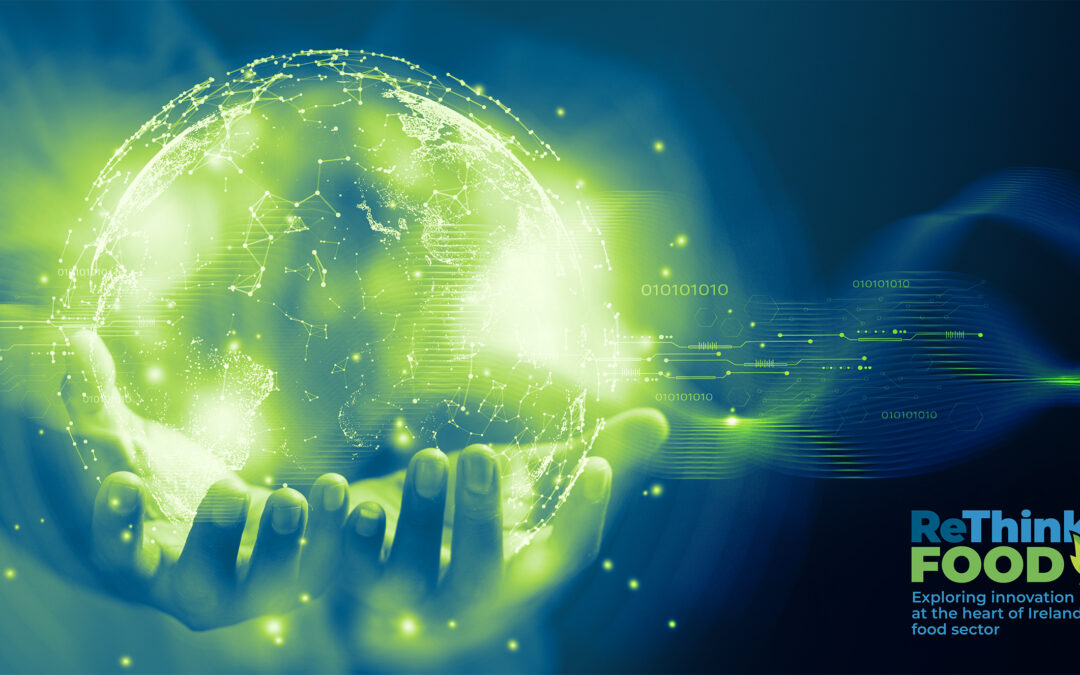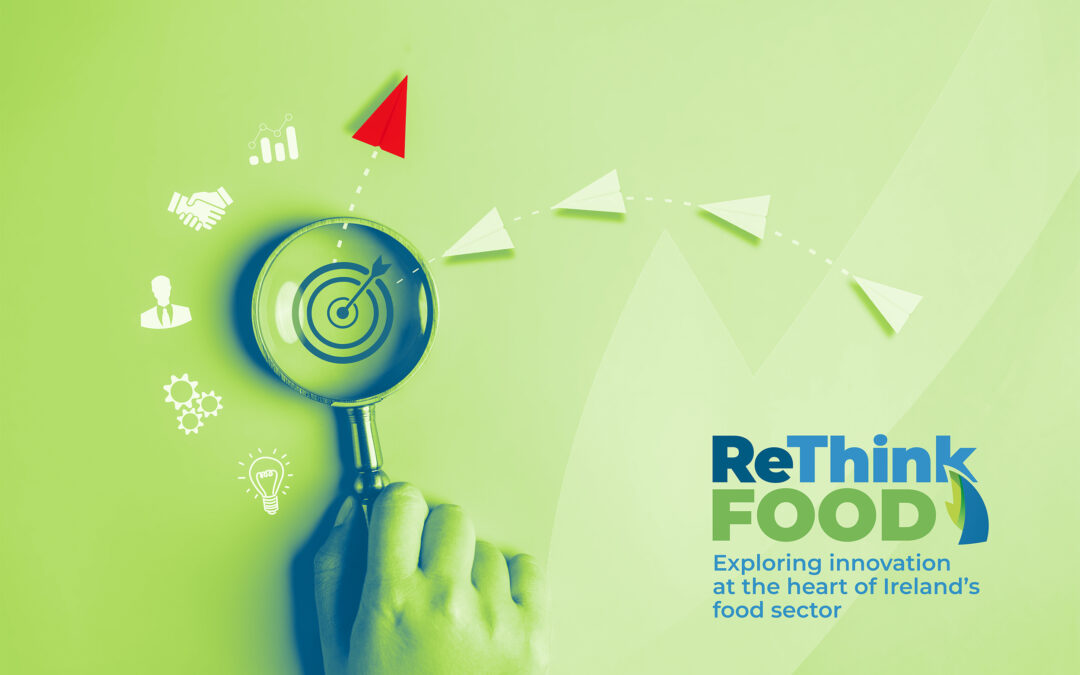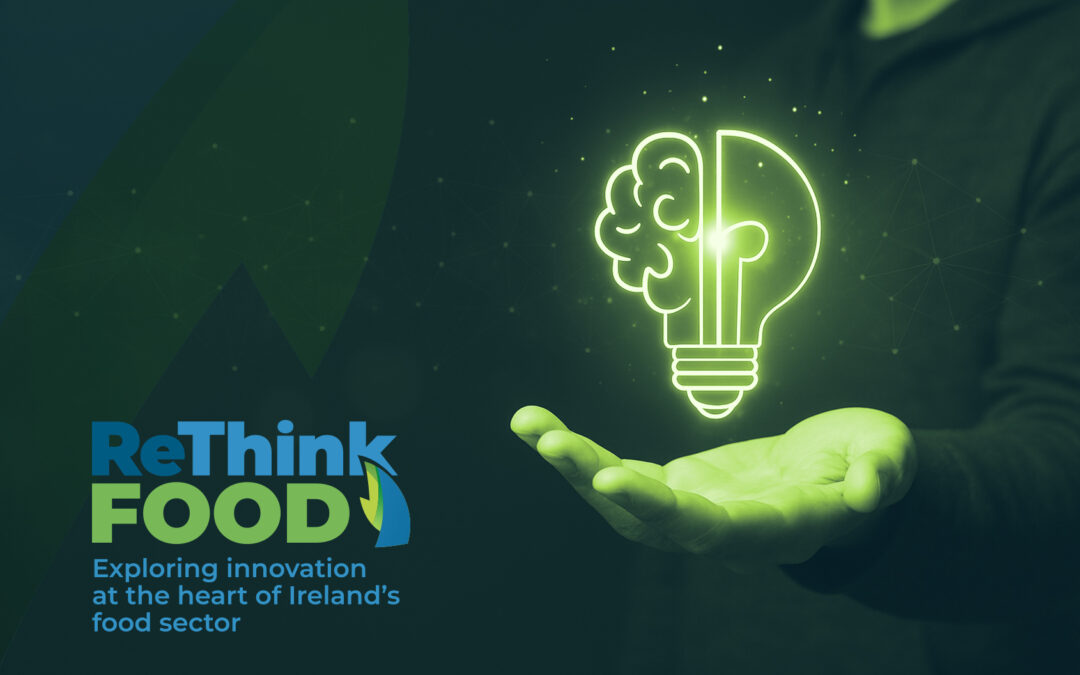The food industry is under pressure like never before. Climate change, consumer demand for transparency, and fragile supply chains mean business as usual is no longer an option. To thrive, the sector must embrace both reinvention and disruption. The question is not whether change will come, but how quickly the industry can adapt to it.
Learning from healthcare
Dr Mary O’Riordan, co-founder of HaPPE Earth, has spent 18 years in clinical medicine and public health, including frontline work in emergency response for infectious threats. She believes food has a lot to learn from how other sectors adapt to disruption.
“In healthcare, resilience is life or death and yet has often been slow to pivot. However, what has worked for healthcare that is transferable to the food sector are short supply chains, building up local suppliers and looking to where change can be integrated into routine processes such as in high-volume production that happens every day. This results in impact that scales through the routine and not some grand disruption that destabilises. Resilience isn’t about bouncing back – it’s about building systems that can evolve to meet future challenges head-on.”

“Resilience isn’t about bouncing back – it’s about building systems that can evolve to meet future challenges head-on”
Dr Mary O’Riordan
For the food industry, the same principle applies. Whether it’s responding to climate shocks, shifts in consumer behaviour or geopolitical events, resilience comes from building agility into the system rather than relying on slow-moving legacy models.
Tackling single-use plastics
HaPPE Earth was founded to address the problem of single-use plastics in healthcare, but Mary sees clear parallels with food. Packaging, in both sectors, has become one of the biggest sustainability challenges, but also one of the biggest opportunities for disruption.
“The food industry uses significant single-use Personal Protective Equipment (PPE) and packaging in its own processes and this shouldn’t be waste – it should be raw material for the next food and energy cycles, just like in nature. We’ve shown in healthcare (a tightly controlled environment) that compostables can replace polythene plastic without missing a beat. This is a valid model to extend to the food industry, where, just like in healthcare, food and single-use polythene plastic PPE waste exist.”
The lesson from HaPPE Earth is that innovation doesn’t always come from within an industry. By borrowing solutions and approaches from other fields, food businesses can move faster and avoid reinventing the wheel. Circular thinking in packaging is a clear example of how disruption can create immediate, measurable impact.
A call to think differently
For Mary, reinvention isn’t about minor adjustments, it’s about a wholesale shift in mindset. In her view, disruption needs to be embraced, not resisted.
“Let’s stop asking how to make fossil-based plastics ‘less bad’ and start asking: what if we pivoted to responsible polymer use, designed for circularity? Thinking differently means shifting from legacy resins to materials that return safely to the earth; this is packaging built for both people and planet from day one. Disruption isn’t a risk – it’s inevitability, and key to business survival.”
The message is clear: food can no longer rely on incremental tweaks. The sector must actively look beyond its own boundaries, drawing inspiration from healthcare, packaging, and other industries that have faced similar challenges.
The bigger picture
Mary’s perspective shows that disruption in food doesn’t exist in a vacuum. Lessons from healthcare, practical innovations in packaging, and the urgency of circular solutions all point in the same direction: the sector needs to reimagine its systems, not just its products.
Keen to hear more ground-breaking perspectives on how food can reinvent itself? Join Dr Mary O’Riordan and other innovators at the ReThink Food Summit, 9 October at the University of Limerick’s School of Medicine.




